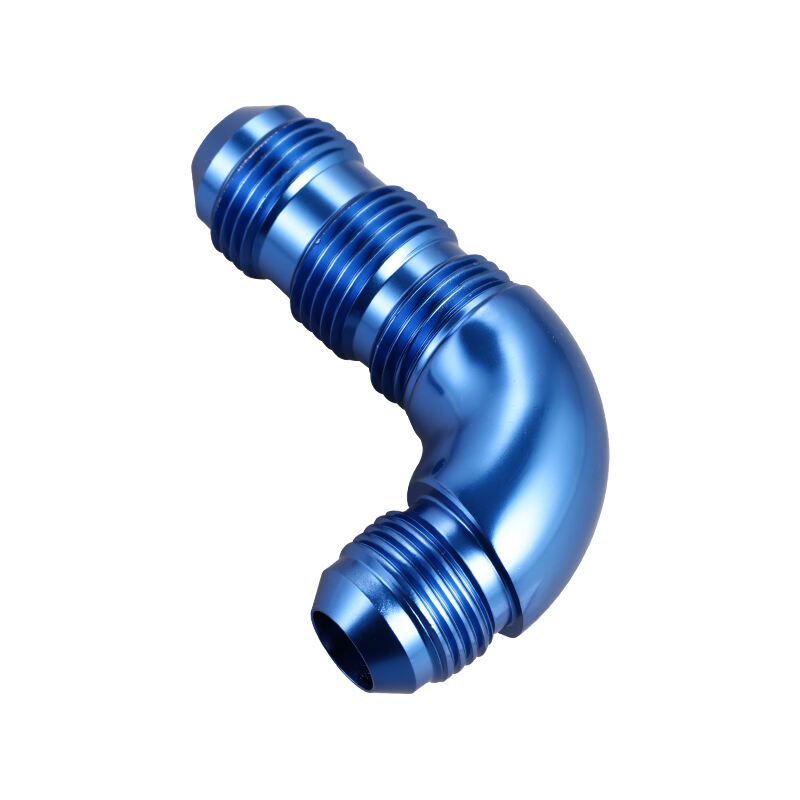When it comes to fluid transport systems, ensuring smooth and uninterrupted flow is essential for maintaining system efficiency and performance. full flow fittings are a key component in achieving this, offering a design that minimizes flow resistance and ensures optimal fluid movement. Whether in industrial, commercial, or residential settings, full flow fittings are a reliable choice for a variety of applications.

What Are Full Flow Fittings?
Full flow fittings are specially designed plumbing components that allow the fluid to flow through with minimal disruption. Unlike traditional fittings, which may constrict the flow and increase resistance, full flow fittings have a larger internal diameter, ensuring that the fluid moves freely and without hindrance. This design is especially beneficial for systems that require precise flow control, such as in hydraulics, fluid systems, and high-performance machinery.
Advantages of Full Flow Fittings
1. Enhanced Fluid Flow: The most significant advantage of full flow fittings is their ability to maintain smooth, uninterrupted fluid flow. By reducing turbulence and friction, these fittings allow for faster and more efficient transportation of liquids and gases.
2. Reduced Wear and Tear: Because full flow fittings minimize resistance, they help reduce the strain on the system components, lowering the risk of damage or premature wear. This leads to longer service life for both the fittings and the connected pipes or tubes.
3. Improved System Efficiency: In any fluid system, resistance directly impacts performance. Full flow fittings ensure that fluid moves with less obstruction, resulting in improved efficiency and reduced energy consumption.
4. Versatility: Full flow fittings are used in a wide range of industries, from water treatment plants to oil and gas sectors, and even in home plumbing systems. Their versatility makes them an ideal choice for many applications.
Applications of Full Flow Fittings
Full flow fittings are used in various industries, including:
- Hydraulic Systems: For precise fluid control in heavy machinery.
- Oil and Gas Pipelines: To reduce the friction that can slow down the flow of oil or gas.
- Water Treatment: In filtration and distribution systems where smooth flow is critical.
- Automotive: To optimize fluid flow in engines and cooling systems.
In conclusion, full flow fittings are an essential part of any fluid transport system. By offering a design that promotes smooth, uninterrupted flow, they improve system efficiency, reduce wear and tear, and ensure long-lasting performance. Whether in industrial machinery or home plumbing, choosing the best fittings for fluid flow is crucial, and full flow fittings provide the optimal solution for systems requiring reliability and efficiency.